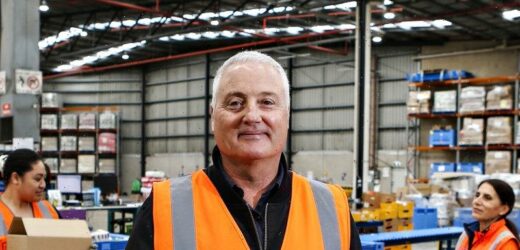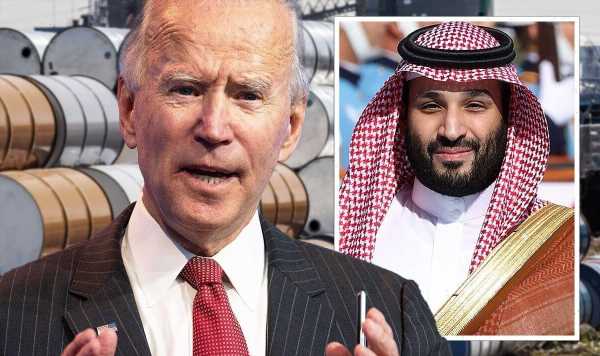More than half a million Victorian households have gone hungry in the last year as the rising costs of energy, fuel, groceries, rent and mortgages have smashed household budgets.
Foodbank’s annual Hunger Report, released on Monday, reveals more than 2 million households across the country (21 per cent) experienced severe food insecurity in the past 12 months, which means they ran out of food due to limited finances and at worst went entire days without eating.
Foodbank Victoria CEO Dave McNamaraCredit:Paul Rovere
And interest rate rises are hitting hard; 32 per cent of Victorian households with mortgages struggled to put food on the table in the last year.
The figures are based on the Foodbank Hunger Survey, which was conducted between
July 11-18 this year through an online questionnaire of 4024 Australians, 853 of whom were from Victoria. It is not possible to accurately compare this year’s survey, which focused on households with last year’s, which focused on individuals.
Foodbank, the largest hunger relief charity in Australia, provides food to 100,000 people in Victoria every two days.
The grim report comes as Age readers told us, through our Victoria’s Agenda project, that they wanted the rising cost of living to be one of the main priorities in the state election campaign.
In its election platform, the Victorian Council of Social Service has called for the government to fund pop-up food relief markets and pay food relief agencies to recruit and train volunteers.
The Victorian government says it is providing grants of up to $85,000 to help almost 30 community organisations run suburban pop-up food markets to ensure everyone in need has access to nutritious and culturally appropriate food for free or at low cost.
It says the government has provided more than $43 million to expand community food relief since February 2020, including a $6 million food relief financial reserve, which provided 3.4 million meals to Victorians.
It also contributes $3.7 million to Foodbank Victoria every year.
However, CEO David McNamara said more government funding was needed as the charity had been increasingly forced to purchase food rather than rely on donations due to flooding in Queensland and NSW and global supply chain issues.
He said when people could only afford to eat cheap food that was low in nutrition and high in sugar it led to obesity, diabetes and heart disease.
“I think it’s amazing that we’re putting so much money into the health system … but really, we’re kind of like the emergency department for people’s tables,” McNamara said.
“We could actually help remove or reduce some of the burden on the health system, if we were recognised as a part of the solution.”
He is also calling on the state government to appoint a food minister, so the state had a coordinated approach to food sovereignty and food security.
Kahli Roberts is moving back in with her mother as rising cost of living makes it impossible for her to afford food and rent. Credit:Eddie Jim
Kahli Roberts, a single parent on a disability pension, is packing up her house and moving into her mother’s home in Queensland because she cannot afford to pay rent on her Doncaster home and put food on the table for her three sons.
“I miss out because I feed the boys first. It’s happened a fair bit for me — I have toast and they have the chicken curry when we get protein from Foodbank. Thank goodness for lentils and two-minute noodles.”
Food insecurity is getting worse, according to the Hunger Report, with 23 per cent of households across the country perceiving they now struggled more often to afford food compared with the previous year.
The cost of food and groceries was the top cause, followed closely by energy and housing.
But only two in five households experiencing food insecurity received food relief help, due to shame and embarrassment, the perception that others were needier and people being unaware of where to get help.
Roberts, who volunteers for the charity, Work for the Soul, said she gets food from Foodbank every week.
“I reach out all the time, I definitely think (the stigma) has lessened in recent times.” But she believes others are reluctant to seek help, which means the level of desperation in the community is hidden. “There is a pride thing I think, you want to be stoic.”
The Morning Edition newsletter is our guide to the day’s most important and interesting stories, analysis and insights. Sign up here.
Most Viewed in National
From our partners
Source: Read Full Article




